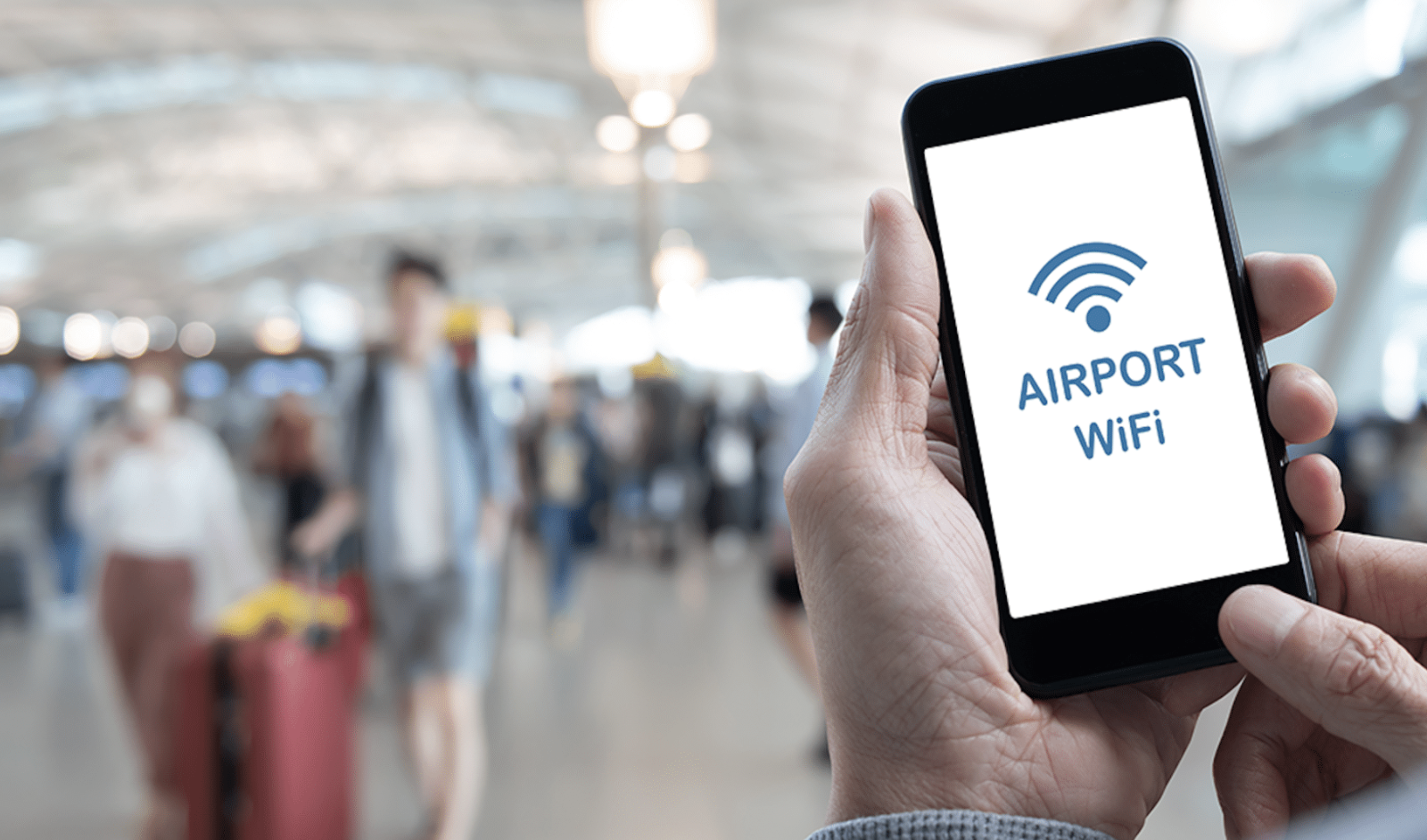Think you’d never fall for a scam? Think again.
From fake bank alerts to too-good-to-be-true gold offers, online fraudsters are getting smarter and faster at tricking people into giving up their money or personal details.
That’s why Abu Dhabi Police have issued a new warning, reminding residents to stay alert as reports of phone and online scams continue to rise. The latest awareness campaign, “Be Cautious”, aims to help people recognise red flags before it’s too late.
Here’s your quick guide to the most common scams doing the rounds, and how to stay one step ahead.
1. The fake bank call
You get a call claiming to be from your bank, warning that your account has been “blocked” or “suspended”. The caller asks for your card details, PIN, or OTP to fix the problem.
Don’t fall for it: Banks in the UAE will never ask for personal or banking information over the phone. Hang up immediately and contact your bank using official channels.
2. The bogus text or email
You receive a message saying your package is waiting, or your bank account needs verification, complete with a clickable link.
What’s happening: That link could lead to a phishing site designed to steal your login details.
Always type official website addresses directly into your browser; never click random links.
3. The investment that sounds too good to be true
Fraudsters often promise unrealistic returns or “guaranteed profits” through social media ads or WhatsApp groups.
Be cautious: If it sounds too good to be true, it probably is. Only invest through licensed financial institutions or registered platforms in the UAE.
4. The fake chalet or rental deal
You spot a holiday home or weekend chalet online for an unbelievably low price. You’re asked to pay upfront, then the “owner” disappears.
Protect yourself: Always book through verified real estate or hospitality platforms, and never transfer money without confirming the legitimacy of the property or agent.
5. The ‘discount gold’ trap
Scammers may advertise cheap gold sales, asking for partial payments or deposits online. Once you transfer the money, the seller vanishes.
Remember: Always buy gold from licensed jewellers or trusted retailers.
How to protect yourself
Abu Dhabi Police recommend a few golden rules for staying safe online:
- Never share your banking or ID details over the phone or text.
- Avoid clicking links in unsolicited messages.
- Verify sellers and investors before making payments.
- Report suspicious activity to the police immediately.
The ‘Be Cautious’ campaign
Abu Dhabi Police’s Be Cautious awareness drive, now in its sixth edition, is running for three months in partnership with the Ministry of Interior, UAE Cybersecurity Council, Abu Dhabi Media, First Abu Dhabi Bank (FAB), and Abu Dhabi Islamic Bank (ADIB).
The campaign’s message is clear: staying informed is your best defence.
If you encounter suspicious messages, ads, or phone calls, report them via: Aman Service: 8002626 or SMS: 2828.
